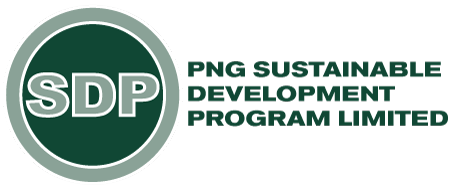Satellite internet crucial to community healthcare in Papua New Guinea
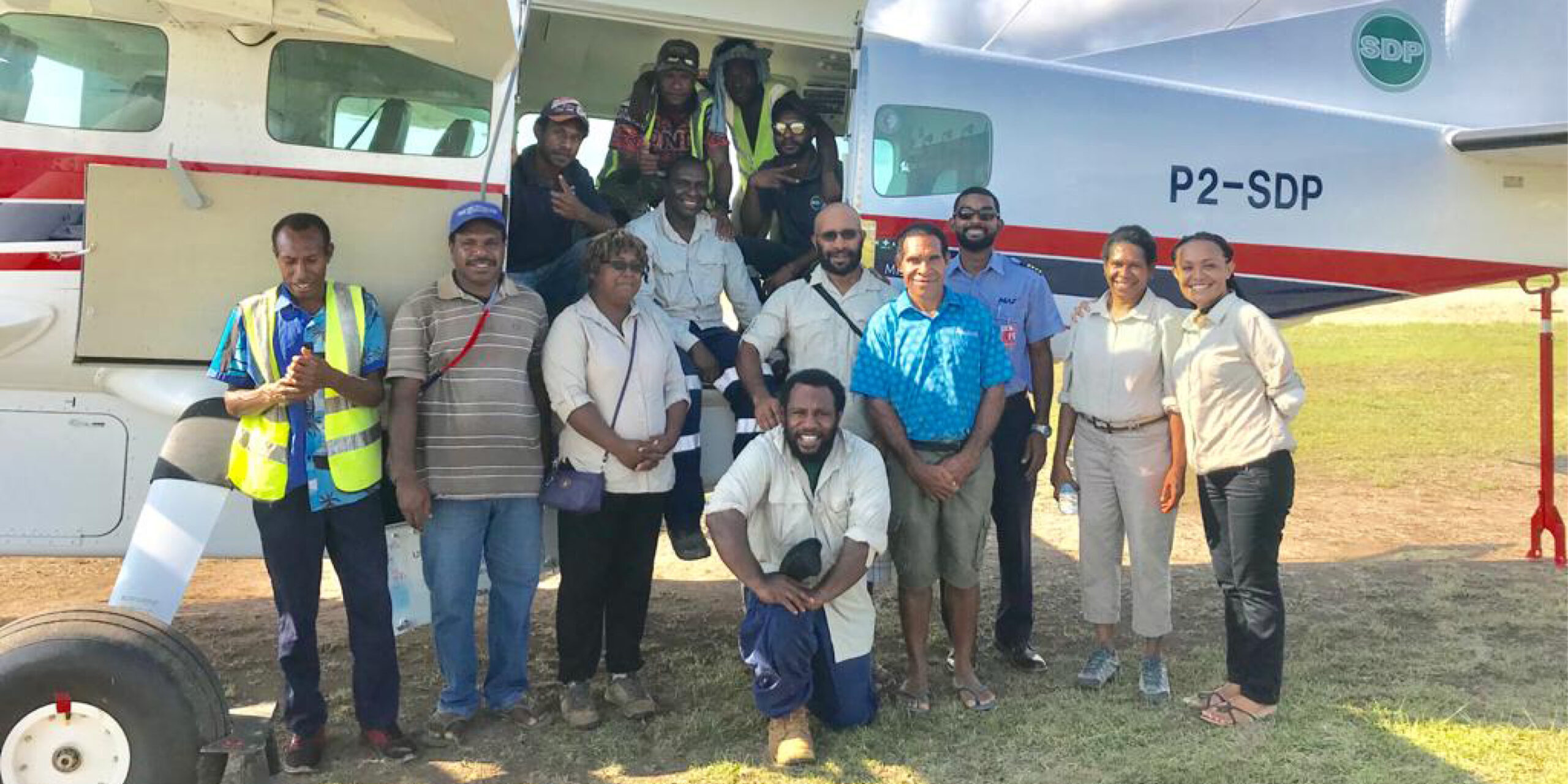
Support staff and one of the AHP patrol teams. Each team consists of seven health professionals who fly into remote Western Province communities on a regular basis.
PNG Sustainable Development Program (SDP) and Kacific team up to provide life-changing outcomes to remote Papua New Guinea communities.
In response to the Covid-19 pandemic, Kacific collaborated with donors to provide satellite dishes free of charge, plus short-term free internet services for health initiatives in Asia Pacific. In Papua New Guinea, the PNG Sustainable Development Program Limited (SDP) took up this offer to connect 30 remote health facilities in the Western Province with satellite internet.
SDP’s Aerial Health Patrols (AHP) flies into remote communities on a regular basis to deliver primary health care (vaccinations, WASH programs, family planning, maternal health and outpatient clinics). Working together with the AHP team, a group of 4 technicians were able to use the SDP aircraft to deliver and install satellite dishes, and the solar equipment required to power the system (1kW solar kits and LED light fittings).
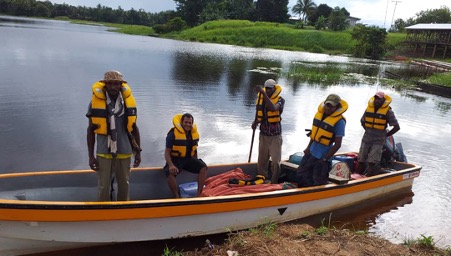
The satellite installation team departing Ali after a successful installation.
Each installation in these remote communities presented unique logistical challenges including airstrip issues, schedule disruptions due to weather, and technical problems in configuring the service; with the added complication of the COVID-19 pandemic, which has created supply delays for equipment and increased restrictions. Several of the communities do not have airstrips so lengthy dinghy trips through swamps, rivers and streams were undertaken. One trip was cancelled at the last minute due to stormy weather and rough conditions.
Access
Health workers from several clinics, including Lake Murray Health Centre, Sasereme Clinic, Habi Aid Post, Wipim Health Centre and Hesalibi Aid Post, are using Kacific’s satellite broadband service to help combat Covid-19. Through the ability to connect to the internet, these health workers are now more informed about the COVID-19 pandemic and can stay updated with the latest developments in Papua New Guinea and abroad. They have used this knowledge to keep their communities better informed by dispelling fears and misconceptions about vaccinations by having access to trusted sources of information.
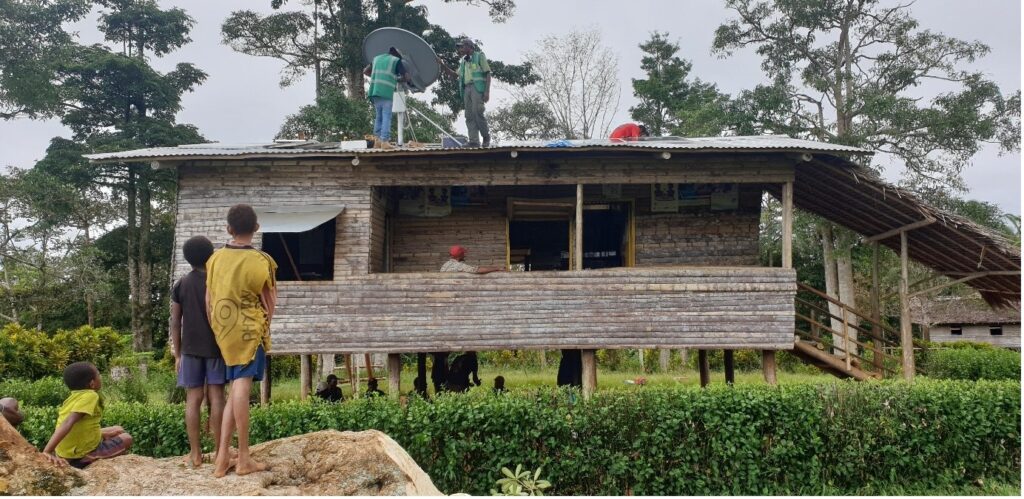
Installation at the Hesalibi Aid Post.
Communication with specialist care to save lives
Prior to installing their satellite dish and internet connection, the villagers of Habi had to walk three hours to Mougulu through the rough mountain terrain for medical help. Often, they did not reach the health facility in time and the patient dies on the journey. The community leaders were incredibly thankful to be connected to high-speed satellite internet. To receive the satellite dish in the village, the community cooperated to build a new health facility in just one week. Now, thanks to their internet connection, they can communicate with urban health centres or contact SDP’s Aerial Health Patrol staff for advice in medical emergencies.
SDP completed the installation at Honinabi Aid Post on 14 March 2021, six days later the health workers used WhatsApp to share with SDP’s Aerial Health Patrol (AHP) manager an image of a 4-year-old girl, who was malnourished and anaemic. The manager sought the advice of AHP doctors in Australia who quickly classified the case as an emergency just from seeing the photos. A medical management plan was formulated and communicated to the Honinabi Aid Post health worker, who provided the recommended care to the young patient. After two days, the health worker called back using the VSAT to inform the AHP team that the young girl was stable and recovering.
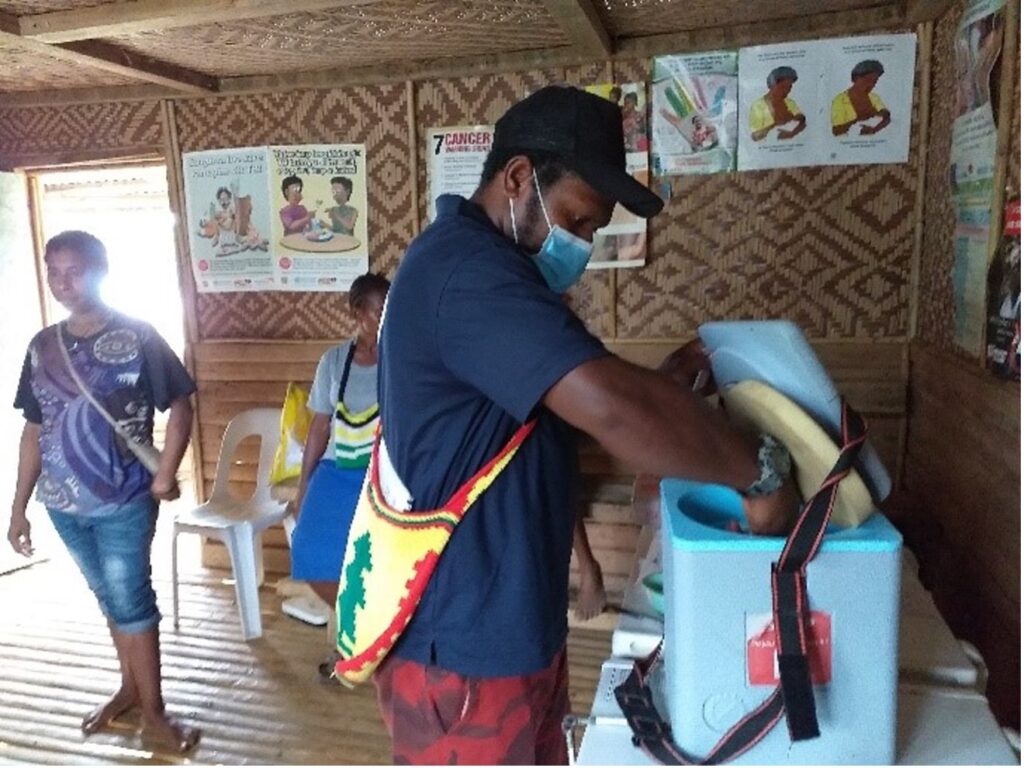
AHP health worker handling the vaccine transporter. Without electricity and fridges, ice pack vaccine temperatures are monitored carefully throughout the four-day patrol visit.
Managing snake bites
Another facility, Suabi Aid Post, had the satellite internet connection installed in December 2020. Within a few months, the sole health worker at the aid post managed seven snake bite cases. The worker used the internet connection to communicate with the doctor at Rumginae hospital and Mougulu health centre for assistance, plus received guidance on how to treat the patients.
In one case in March 2021, a snake bite case was reported by the Suabi Aid Post health worker at around 7pm. The Mission Aviation Fellowship (MAF) were informed and on standby to pick the patient at first light. However, the health care worker stayed in ongoing contact with the AHP Health Extension Officers (HEO) and doctors and, with their support, constantly monitored the patient for 24 hours. The team provided assurance and guidance to the patient until he recovered and was discharged after three days.
In another case in March, the Suabi Aid Post health worker used connection to call the Strickland Bosavi Foundation pilot based in Mougulu about another snake bite case at around 5:30pm. It was very late in the day for the flight to be arranged, but the pilot successfully flew in and evacuated the patient to Mougulu health centre where she was given snake bite antivenom.
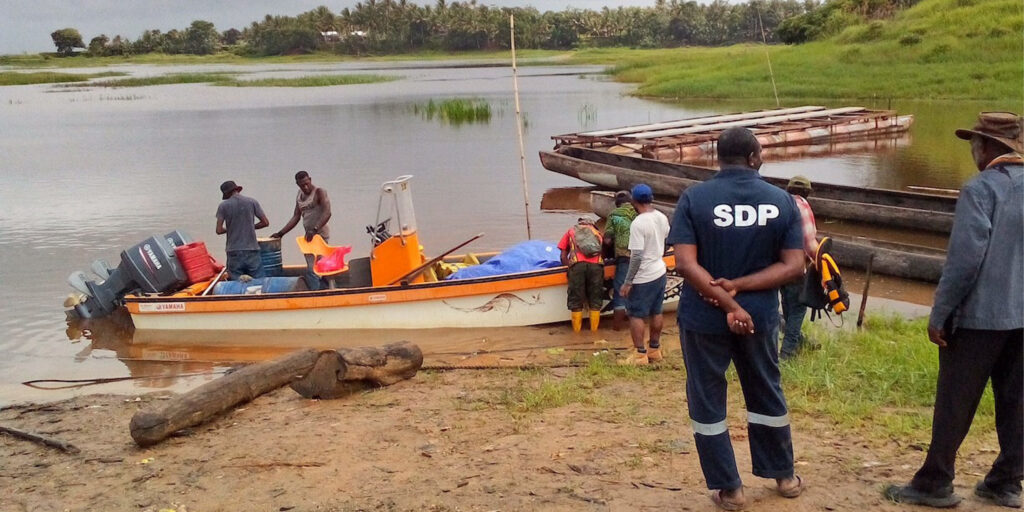
The installation team getting ready to visit another community to install the satellite dish.
These stories are just some examples of how the satellite internet has had an immediate and profound impact on the lives of those living in remote areas, when rapid communication is a matter of life and death.
